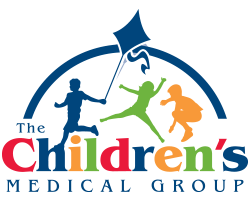Bullying incidents occur in schools, no matter what grade a child is in. It happens when one child picks on another repeatedly and it can manifest physically, verbally, or socially. Many schools have a no-tolerance approach to dealing with bullies, as it can have dire consequences. It happens in school hallways, off school property or over the internet.
Bullying can be difficult to spot when kids are establishing relationships and learning how to play with one another the right way. Signs to look out for include:
- One child controlling other children’s actions through exercising power.
- Scare tactics and intimidation are involved.
- Teasing that goes further and more frequent than friendly banter between two friends.
- A child is fearful of going to school and uses excuses to avoid going like headaches or stomach aches.
If you think your child is the victim of a bully, intervene as soon as possible.
- Ask your child questions like “what do you think of the kids in your class?” “does anyone get picked on at school?”
- Teach your child to stay calm and confident in a situation. You can do this by practicing role play and suggesting phrases like “Please do NOT talk to me like that” and “Why would you say that?”
- Make sure your child knows that they can ask an adult for help. Assert that bullying is not their fault.
- Especially if the bullying is happening off the school’s property, keep track of any transgressions and work with school officials to end the situation.
If you think your child is the bully, you should work to change their behavior, as bullies often continue to experience behavioral problems later in life.
- Be direct and assertive in making it clear that their bullying behavior is not acceptable.
- Model respectful behavior they can begin to mirror. Teach them how to manage their interactions with others without manipulation or intimidation to get what they want.
- Discipline with loss of privileges, do not use aggression and demonstrate how their actions are negatively affecting others.
- Involve school officials to find constructive solutions to your child’s behavior. In the long run, early intervention can change your child’s behavior by making constructive changes in how they interact with others.


